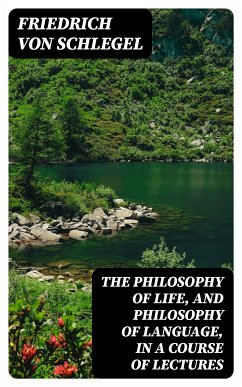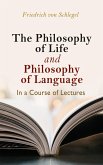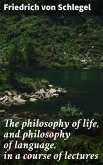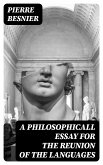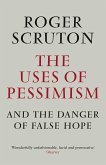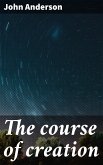In "The Philosophy of Life, and Philosophy of Language, in a Course of Lectures," Friedrich von Schlegel presents a profound exploration of the intersecting realms of existential thought and linguistic theory. Grounded in the Romantic tradition, Schlegel employs a distinctive literary style characterized by intellectual rigor and introspective depth. His lectures engage with the philosophical inquiries of life, articulating how language shapes human experience and consciousness. The text weaves together elements of German idealism and romanticism, reflecting the zeitgeist of early 19th-century philosophical discourse. Friedrich von Schlegel, a pivotal figure in the German Romantic movement, was substantially influenced by the intellectual milieu of his time. His experiences, which included deep engagements with literature, philosophy, and language, positioned him uniquely to address the complexities involved in human existence and expression. Renowned for his contributions to aesthetics and philosophy, Schlegel's insights are unified by his belief in the transformative power of art and language, which he argues are essential to understanding the metaphysical fabric of life itself. This book is a compelling read for scholars, students, and enthusiasts of philosophy and literature alike. Schlegel's nuanced approach invites readers to reflect on how language constructs our reality and the pivotal role it plays in shaping our lives. For anyone seeking to deepen their understanding of the philosophical underpinnings of language and existence, this text is an essential addition to their intellectual arsenal.
Dieser Download kann aus rechtlichen Gründen nur mit Rechnungsadresse in A, B, BG, CY, CZ, D, DK, EW, E, FIN, F, GR, H, IRL, I, LT, L, LR, M, NL, PL, P, R, S, SLO, SK ausgeliefert werden.
Hinweis: Dieser Artikel kann nur an eine deutsche Lieferadresse ausgeliefert werden.

